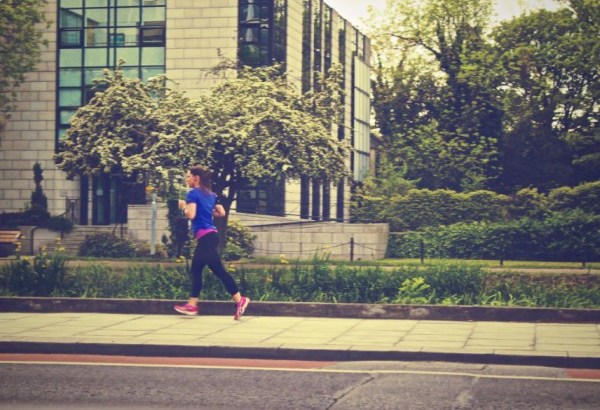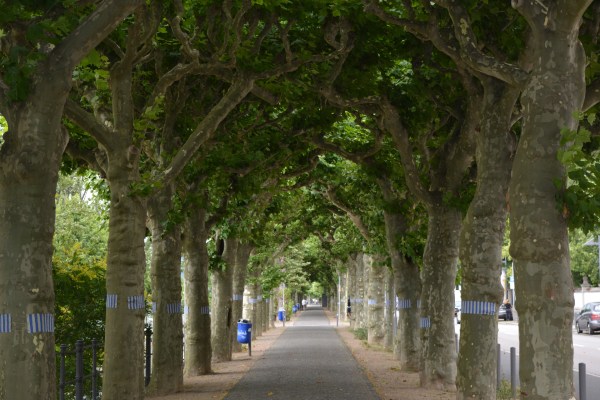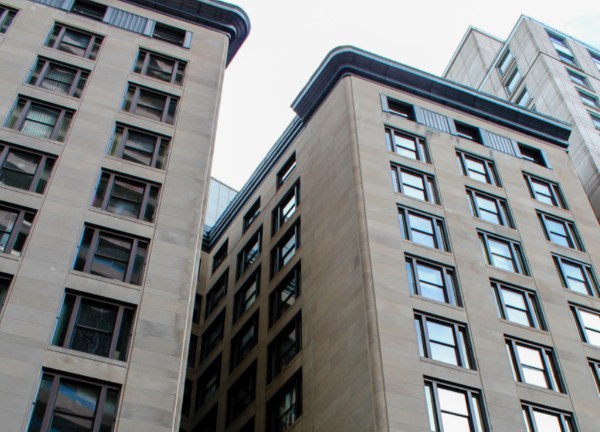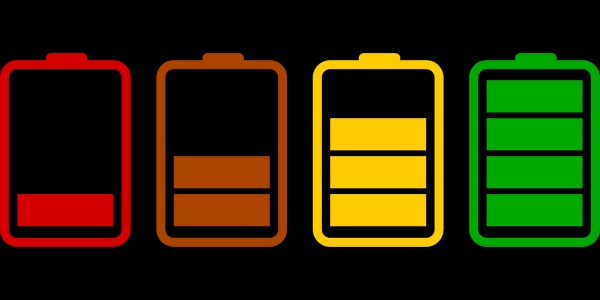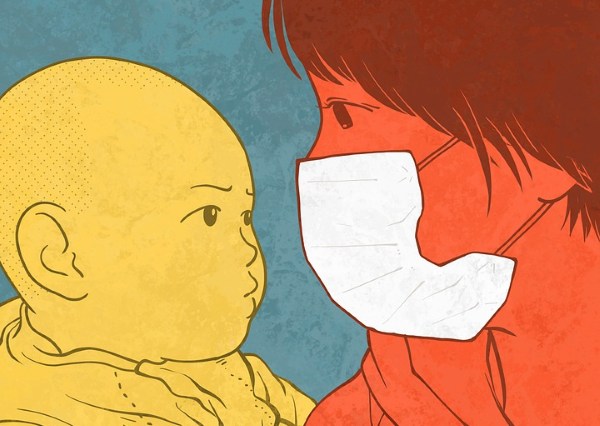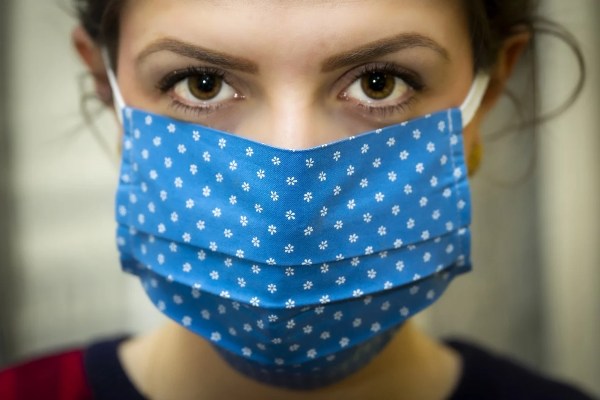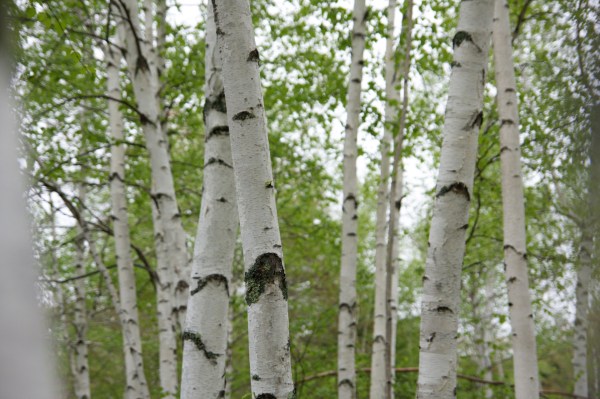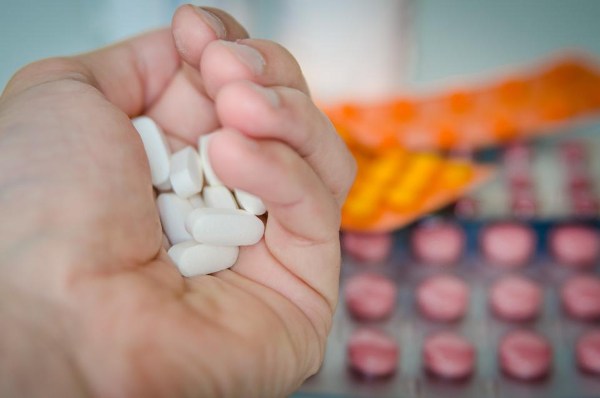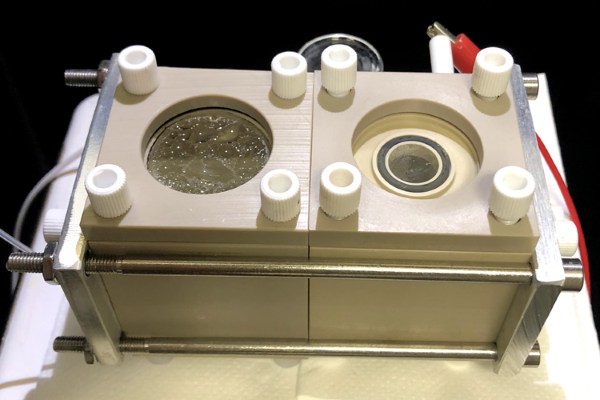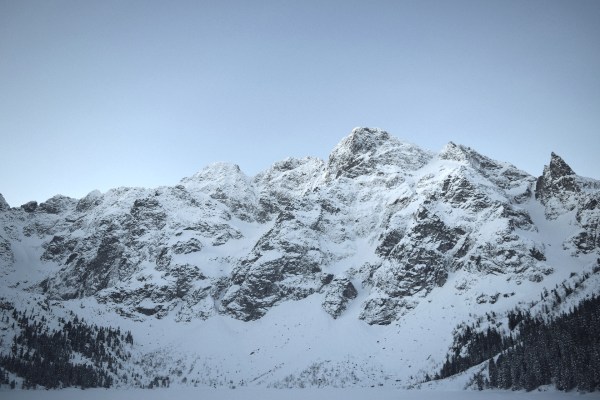We all know by now that we need to stay 1-2 meters away from other people outside of our home. Social or physically distancing is an important aspect of keeping us all safe and healthy. But if you’re out for a walk or run, you need to be even further than that according to a new study.
Read MoreAuthor Archives: Donyae Coles
Info: Donyae’s love for technology is based on a need to survive our future robotic overlords. Know thy enemy as you know yourself. But since even odds are on the zombie future, she has also learned how to prepare squirrel. You can find her on Facebook until the robots - or zombies - rise up.
Urban Areas Can’t Get Enough Trees – for new trees planted, others are removed
Everyone is agreement that planting trees is a good idea but urban areas are having trouble meeting goals. Not because they’re not planting, but because the trees are removed before they can reach maturity. Finding a way to overcome this issue is key to meeting environmental targets.
Read MoreI Miss The Office – for the company
Many of us are entering our third or more week of isolation in our homes. It’s no surprise that people are starting to miss their offices. At least it was somewhere else to be. Well if you’re jonesing for that sweet, sweet recycled air and busy work, check out I Miss the Office, the site that lets you close your eyes and fake it.
Read MoreRice Farming Produces Large Carbon Footprint – fish are the answer to shrinking it
Rice is so, so good. You might disagree but a huge population of the planet loves it. Too bad that it also has the biggest carbon footprint of any grain. That’s right, rice, grown in paddies all over the world also coughs up a ton of methane. The problem is easy to fix though. The solution? Fish.
Read MoreAI Model Used To Determine Battery Health – will help make better cars
Slowly over time all of our batteries are dying. It’s not just in your head that your smartphone doesn’t last as long on a single charge as it used to. Electric cars have the same problem. A new AI method has been developed that give a more accurate reading of battery health making it easier to develop better ones.
Read MoreWhen Making Masks, Material Is Everything – not all fabric performs the same
You may have recently dragged out your sewing machine to make masks. This is fine and helpful, make extra for donation if you can! Give them to neighbors and other family members. Help people out! But make sure you’re using the right type of fabric for the job.
Read MoreDo You Need To Wear A Mask? – experts say it can’t hurt
If you’re on the fence about wearing a mask it’s time to come to the side of putting one on. Scientists aren’t sure if it will help but they are sure it won’t hurt and has been helpful in slowing the spread of other, similar illnesses.
Read MoreTrees Are Changing With The Climate – but will it be enough?
Trees are important to fighting the climate crisis but how will they do in a world with less water? Well it turns out they’re already making some changes to survive drier times. As the climate changes, trees are changing with it.
Read MoreSelf Isolate To Save ICU Beds – this practice for mildly sick people could keep hospitals from being overwhelmed
If you are sick, you should isolate yourself new study confirms. By making the choice to stay home, away from others, even if you are only showing A FEW symptoms, you’re helping to stop the spread of COVID-19 and potentially cutting down on how many ICU beds will be needed.
Read MoreIt’s Like A Replicator, Sort Of – device creates organic matter from almost nothing
This sounds like the stuff of science fiction but scientists at the University of California are working on a way to create the building blocks organic molecules from bacteria, nanowires, sunlight, carbon dioxide and water like a little replicator.
Read MoreAir In The 1100’s Just As Bad As Industrial Revolution – we’ve always had a problem with pollution
Today our major greenhouse gas is CO2 but in the past, it was lead. Which isn’t a greenhouse gas but thanks to mining during the 1100s, a lot of it was in the air and man, that could not have been a good time for people breathing it. New ice cores prove that lead pollution was just as bad then as air pollution during the Industrial Revolution which goes to show, we’ve always been pretty bad at this.
Read MoreNew Process Cleans N95 Masks – could allow them to be reused
The N95 respirator masks are in short supply (along with much of the other needed PPE) and doctors have had to reuse them which puts everyone in danger. Researchers at Duke University have devised a way to decontaminate these masks so that they can safely be reused.
Read MoreOzone Makes a Comeback – Montreal Protocol proves beneficial
Remember the hole in the ozone layer? It was a big deal in the 80s and 90s. Such a big deal that nations signed the Montreal Protocol and agreed to stop producing chemicals that were destroying the ozone. Well it’s been 33 or so years since that went into effect and good news, the ozone layer has made a come back.
Read MoreLEGOs Last A Long Time In The Ocean – toy blocks can go for over 1000 years
The ocean is pretty harsh when you’re just out there, exposed to the rolling waters. So harsh in fact that it can break down plastics like LEGO bricks which are built tough. We’ve known for a while that the plastic toys could survive for a long time in the sea but scientists have recently discovered that “a long time” could be as much as 1,300 years!
Read MoreHelpful Coronavirus Handout – some tips on staying safe
How to stay safe during this time is something that is at the top of everyone’s mind. Of course maintaining physical distance from others and washing your hands are top of everyone’s list but there are other things that you can do to help. Check out this handy PDF on how to protect yourself and your family from coronavirus more.
Read More
